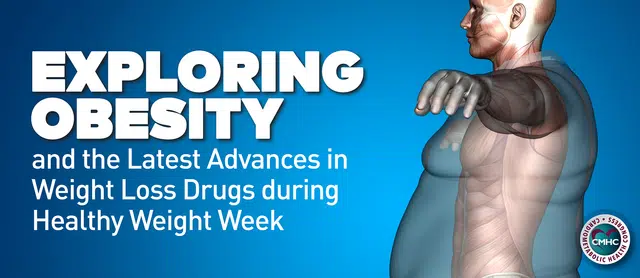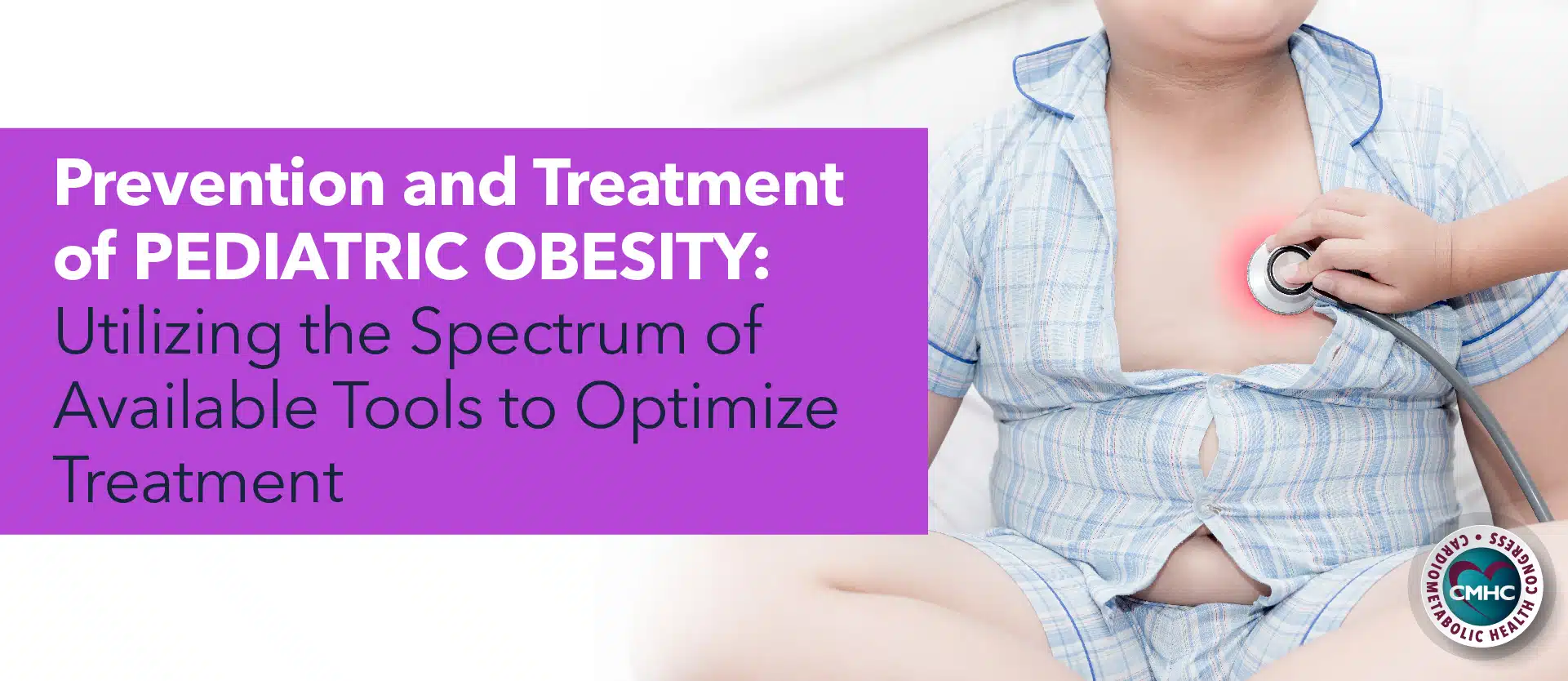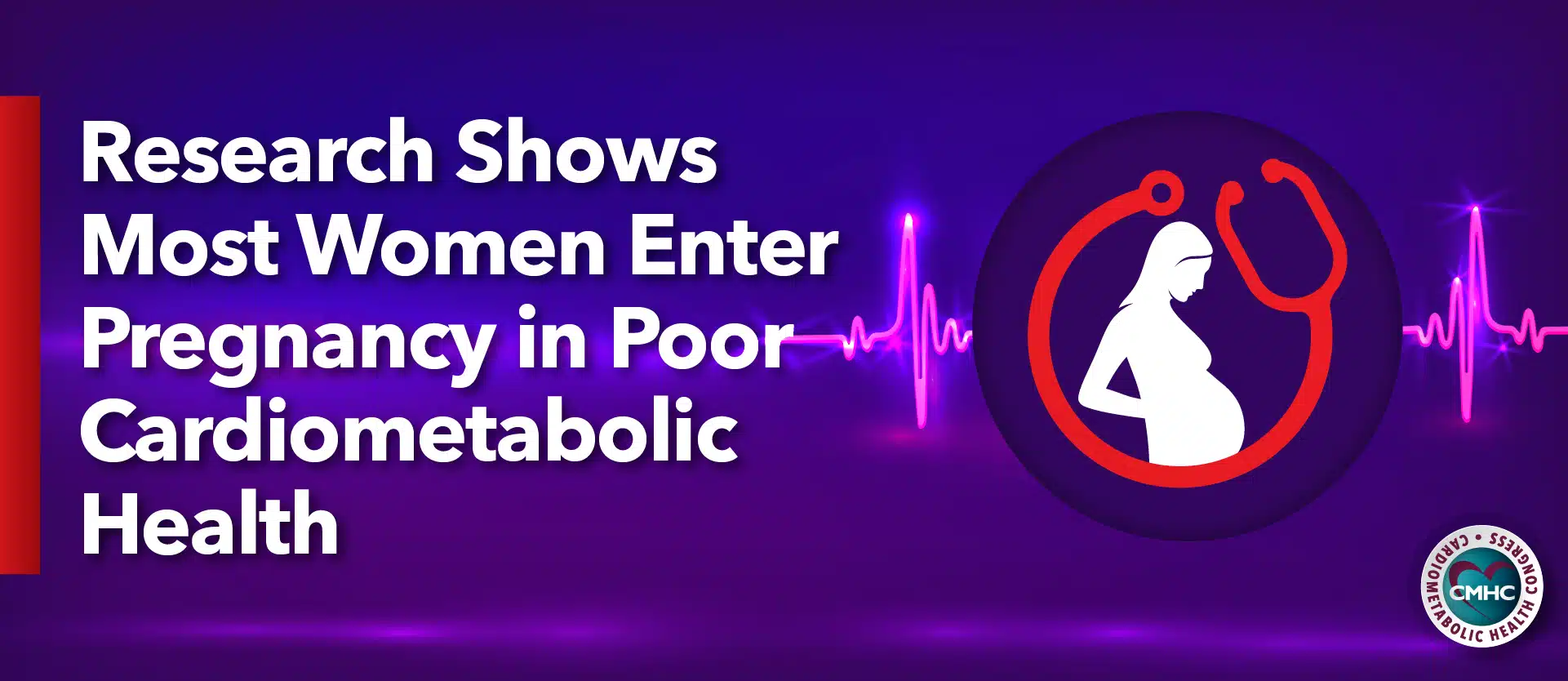
The publication is intended to help healthcare professionals and decision makers to make well-informed judgments and choices, thereby improving the quality of health services, and ultimately help curb the increase in childhood obesity. The report outlines the benefits and harms of screening and treatment for obesity in children and adolescents; obesity is not only commonplace in children and adolescents in the United States, but also produces a variety of negative, detrimental health effects—including, but not limited to, asthma, high blood pressure, insulin resistance, and a host of other physical and psychological problems.
The task force recommends routine weight screening for all children, beginning at age 6. The idea of “comprehensive, intensive behavioral interventions” have historically demonstrated efficacy in helping participants lessen their odds of obesity and being overweight, specifically by pinpointing and identifying patients who may benefit from weight counseling programs. It is the hope that behavioral interventions for weight loss in children will simultaneously tackle their medical issues, which directly stem from obesity, and also decrease the number of obese children who are on the trajectory to become obese adults.
Check out our online CME course, Proactive and Progressive Approaches in Obesity Management, and learn about the multifaceted disease of obesity, in addition to education regarding treatment and maintenance.

















